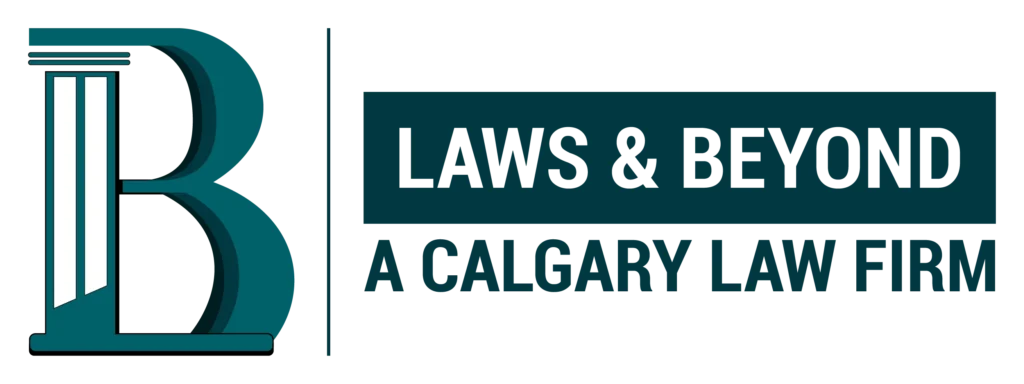Investing in commercial properties in Alberta involves careful consideration of various factors, ranging from financial considerations to legalities. Before making any investment decisions, it’s essential to understand the ownership and investment considerations associated with commercial properties. Here are some key factors to consider:
1. Financial Considerations:
– Budget: Determine your budget for purchasing a commercial property, including the down payment, financing options, and potential operating costs.
– Return on Investment (ROI): Assess the potential ROI by considering factors such as rental income, property appreciation, and operating expenses.
– Cash Flow: Analyze the expected cash flow from the property by calculating the rental income and deducting expenses like property taxes, maintenance costs, and mortgage payments.
– Financing Options: Explore financing options, such as commercial loans or partnerships, to fund the property acquisition.
2. Legal Considerations:
– Property Ownership: Understand the legal aspects of property ownership, including titles, deeds, and legal rights.
– Zoning Regulations: Familiarize yourself with the zoning regulations in Alberta that govern the use of commercial properties. Ensure that your intended use aligns with the zoning requirements.
– Permits and Licensing: Determine the permits and licenses required for operating specific types of commercial properties, such as restaurants, hotels, or healthcare facilities.
– Lease Agreements: If you plan to lease the property to tenants, ensure you understand the legalities of drafting and enforcing lease agreements. Seek legal advice if needed.
– Environmental Considerations: Assess potential environmental risks associated with the property, such as contamination or hazardous materials. Conduct environmental due diligence if necessary.
3. Market Analysis:
– Location: Evaluate the location of the commercial property, considering factors like accessibility, proximity to amenities, and target market demographics.
– Market Demand: Research the local market to determine the demand for specific types of commercial properties. Consider factors such as population growth, economic trends, and competition.
– Potential Tenants: Identify potential tenants or businesses that could benefit from the property’s location, facilities, and amenities. Assess their financial stability and industry outlook.
– Market Trends: Stay updated on market trends and forecasts in the commercial property sector to make informed investment decisions.
4. Property Management:
– Maintenance and Repairs: Consider the ongoing maintenance and repair responsibilities associated with the property. Determine whether you will handle these tasks yourself or hire a property management company.
– Tenant Screening and Management: If leasing the property, establish a tenant screening process to ensure reliable and responsible tenants. Develop a system for managing lease agreements, rent collection, and tenant relations.
– Property Insurance: Acquire appropriate insurance coverage for the commercial property to protect against potential risks, such as property damage, liability claims, or business interruptions.
By carefully considering these ownership and investment considerations, you can navigate the commercial property market in Alberta more effectively. Consulting with industry professionals, such as real estate agents, lawyers, and financial advisors, can provide valuable insights and guidance throughout the process.
Buying commercial property is a big investment & a long-term commitment. The process may look daunting to you. We here at Laws & Beyond have extensive experience in commercial conveyancing.




